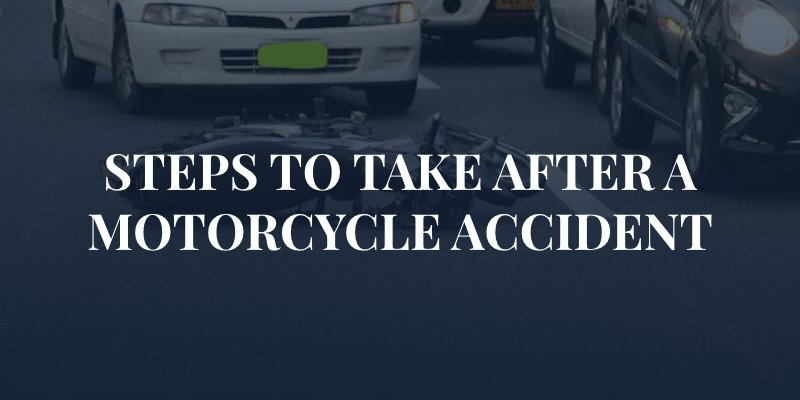
The aftermath of a motorcycle accident is often traumatic. Motorcycle accidents are terrifying, with nothing between the rider and the road to provide protection. Even a helmet cannot prevent all injuries to a vulnerable motorcyclist, especially when the accident involves a collision with another vehicle.
Motorcycles provide riders with the thrill of the open air, but that same open-air, two-wheeled design that motorcyclists find so exhilarating also exposes them to the risk of catastrophic injuries in a crash.
If you are a motorcyclist who experiences an accident, it’s important to keep a cool head and take steps to protect yourself. After the crash, you may be unconscious or too severely injured to do anything other than wait in place for help to arrive. However, if you can move safely or hand your phone to someone to use for you, you can protect your physical safety and financial future. A cell phone becomes the perfect tool to document critical evidence before the police remove everything from the scene to restore traffic flow.
No matter how much you love your bike—and every motorcycle enthusiast understands that love—It’s not as important as your life. If you can move safely after a motorcycle accident, it’s critical to leave your motorcycle and remove yourself from the flow of traffic by seeking safety on the shoulder of the road. Always apply any emergency first aid to obvious injuries such as severe bleeding before doing anything else. Don’t remove your helmet or other gear since doing so could worsen injuries. Then, either use your smartphone yourself or ask a helpful bystander to use it for you to do the following:
It’s sometimes helpful to ask any nearby witnesses if they captured the accident on dashcam video, cell phones, or surveillance cameras. It’s also vitally important to take down their contact information. All too often, eyewitnesses walk away without leaving a name, causing the loss of critical testimony that can help win a claim for damages like property damage, medical expenses, lost income, and pain and suffering.
After the accident, always ride to the hospital in an ambulance, or if your injuries seem minor, arrange transportation to a hospital immediately after the police clear you to leave the accident scene. Then, ask the doctor for a complete medical evaluation besides treatment for your obvious injuries. Tell the doctor about every symptom you notice, even if it seems minor. Often, adrenaline masks serious injuries. Some injuries begin with minor symptoms and then develop into critical injuries in the hours and days after the motorcycle accident.
Always ask your medical providers for a detailed report listing your injuries, their recommended treatment, and your prognosis. Then, obtain a copy of the police report and call an experienced motorcycle accident lawyer to defend your rights and represent your best interests throughout the process of recovering compensation for your damages after the accident. The motorcycle accident lawyers at Shapiro | Delgado | Hofmann in Sarasota and Bradenton are ready to take your case on and help you secure your rights. Call us today at (941) 954-4000 or reach out online to schedule a free consultation.